The AMD Threadripper 2 CPU Review: The 24-Core 2970WX and 12-Core 2920X Tested
by Ian Cutress on October 29, 2018 9:00 AM ESTTest Bed and Setup
As per our processor testing policy, we take a premium category motherboard suitable for the socket, and equip the system with a suitable amount of memory running at the manufacturer's maximum supported frequency. This is also typically run at JEDEC subtimings where possible. It is noted that some users are not keen on this policy, stating that sometimes the maximum supported frequency is quite low, or faster memory is available at a similar price, or that the JEDEC speeds can be prohibitive for performance. While these comments make sense, ultimately very few users apply memory profiles (either XMP or other) as they require interaction with the BIOS, and most users will fall back on JEDEC supported speeds - this includes home users as well as industry who might want to shave off a cent or two from the cost or stay within the margins set by the manufacturer. Where possible, we will extend out testing to include faster memory modules either at the same time as the review or a later date.
| Test Setup | |||||
| AMD TR4 | TR2 2970WX TR2 2920X |
ASUS ROG X399 Zenith |
1501 | Enermax Liqtech TR4 |
Corsair Vengeance RGB Pro 4x8GB DDR4-2933 |
| TR2 2990WX TR2 2950X |
ASUS ROG X399 Zenith |
0508 | Enermax Liqtech TR4 |
G.Skill FlareX 4x8GB DDR4-2933 |
|
| TR 1950X TR 1920X |
ASUS ROG X399 Zenith |
0508 | Enermax | G.Skill FlareX 4x8GB DDR4-2666 |
|
| TR 1900X | ASUS X399-A Prime |
0407 | Enermax Liqtech TR4 |
Crucial Ballistix 4x4GB DDR4-2666 |
|
| AMD EPYC | EPYC 7601 | GIGABYTE MZ31-AR0 |
F07 | Gamerstorm Fryzen |
Micron LRDIMM 8x128GB DDR4-2666 |
| AMD 2000 | R7 2700X | ASRock X370 Gaming K4 |
P4.80 | Wraith Max* | G.Skill SniperX 2x8 GB DDR4-2933 |
| Intel HEDT | i9-7980XE i9-7960X i9-7940X i9-7920X i9-7900X i7-7820X i7-7800X |
ASRock X299 OC Formula |
P1.40 | TRUE Copper |
Crucial Ballistix 4x4GB DDR4-2666 |
| Intel 9th Gen | i9-9900K | ASRock Z370 Gaming i7 |
P1.70 | TRUE Copper |
Crucial Ballistix 4x4GB DDR4-2666 |
| GPU | Sapphire RX 460 2GB (CPU Tests) MSI GTX 1080 Gaming 8G (Gaming Tests) |
||||
| PSU | Corsair AX860i Corsair AX1200i |
||||
| SSD | Crucial MX200 1TB | ||||
| OS | Windows 10 x64 RS3 1709 Spectre and Meltdown Patched |
||||
| *VRM Supplimented with SST-FHP141-VF 173 CFM fans | |||||
All of AMD’s Threadripper 2 processors are unlocked, allowing users to push the frequency and voltage higher for extra performance. Due to time constraints, we will hopefully examine this in a later review.
Many thanks to...
We must thank the following companies for kindly providing hardware for our multiple test beds. Some of this hardware is not in this test bed specifically, but is used in other testing.


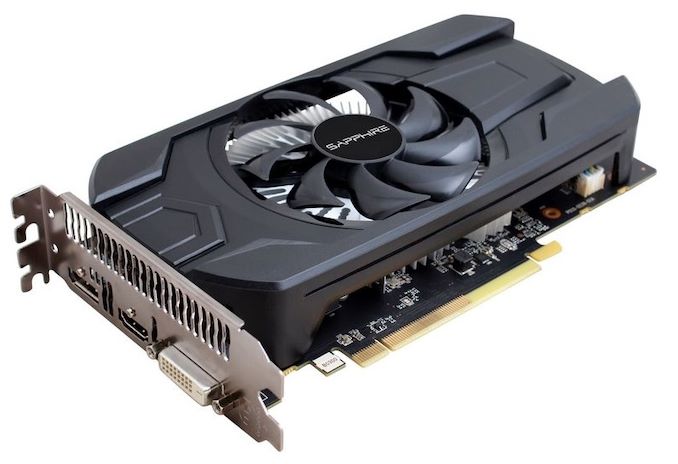
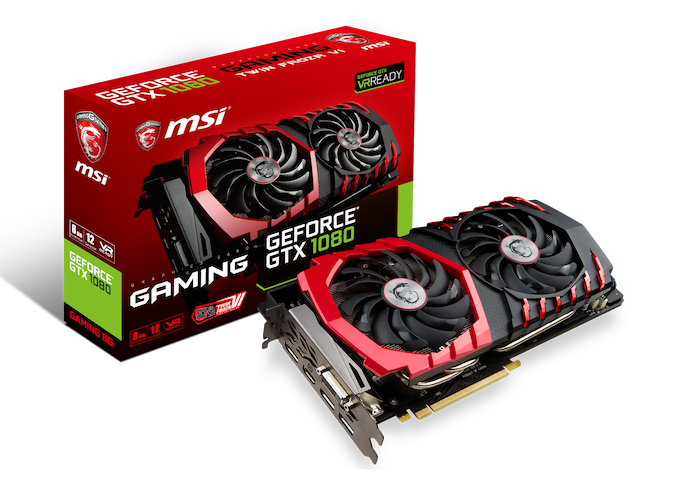
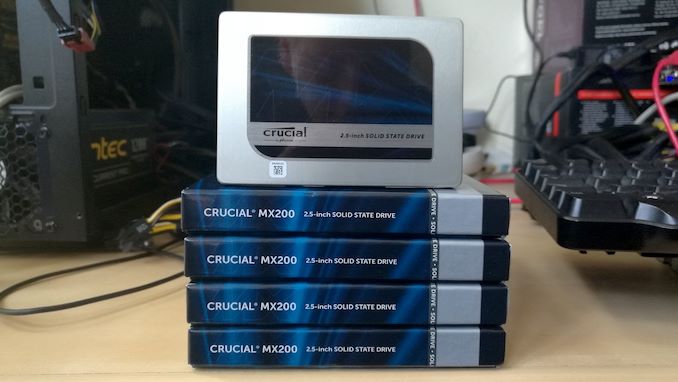
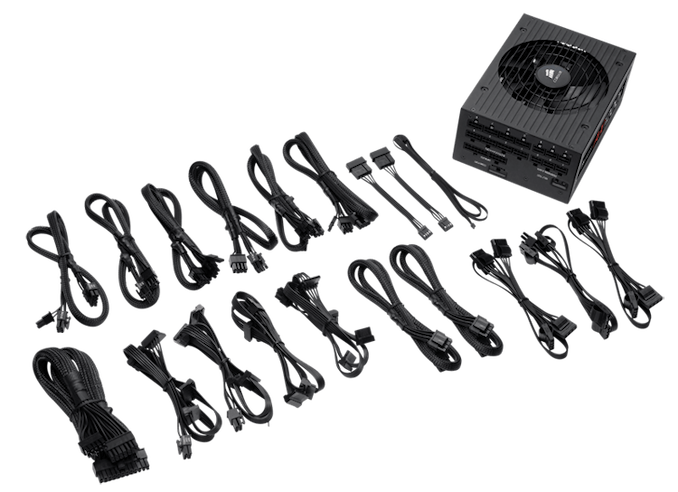
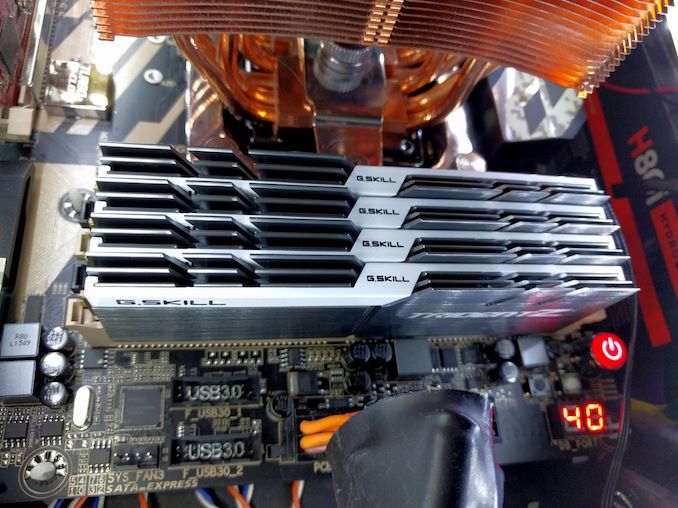
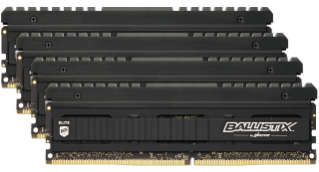
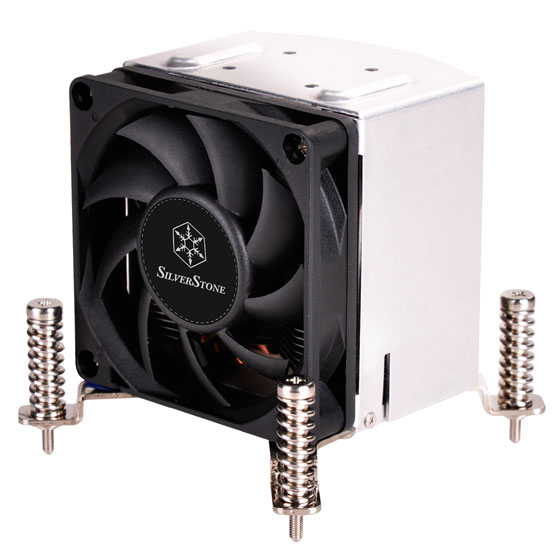
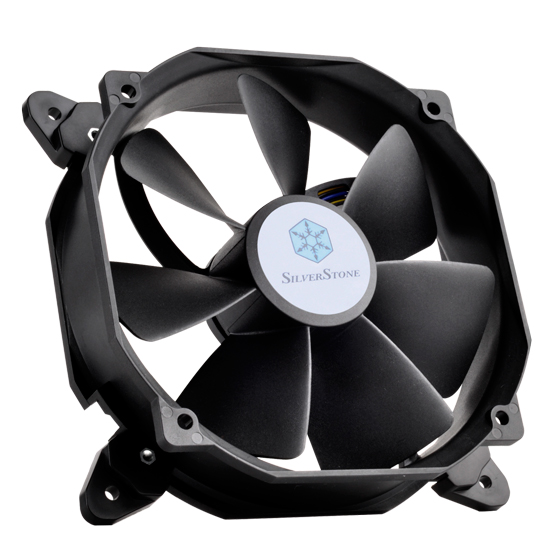








69 Comments
View All Comments
Ian Cutress - Monday, October 29, 2018 - link
EPYC 7601 is 2.2 GHz base, 3.2 GHz Turbo, at 180W, fighting against 4.2+ GHz Turbo parts at 250W. Also the memory we have to use is server ECC memory, which has worse latencies than consumer memory. I've got a few EPYC chips in, and will be testing them in due course.mapesdhs - Monday, October 29, 2018 - link
Does the server memory for EPYC run at lower clocks aswell?GreenReaper - Wednesday, October 31, 2018 - link
ECC RAM typically runs slower, yes. It's correctness that you're looking for first and foremost, and high speeds are harder to guarantee against glitches, particularly if you're trying to calculate or transfer or compare parity at the same time.iwod - Monday, October 29, 2018 - link
Waiting for Zen2Boxie - Monday, October 29, 2018 - link
only Zen2? Psshh - it was announced ages ago... /me is waiting ofr Zen5 :Pwolfemane - Monday, October 29, 2018 - link
*nods in agreement* me to, I hear good things about Zen5. Going to be epyc!5080 - Monday, October 29, 2018 - link
Why are there so many game tests with Threadripper? It should be clear by now that this CPU is not for gamers. I would rather see more tests with other professional software such as Autoform, Catia and other demanding apps.DanNeely - Monday, October 29, 2018 - link
The CPU Suite is a standard set of tests for all chips Ian tests from a lowly atom, all the way up to top end Xeon/Epyc chips; not something bespoke for each article which would limit the ability to compare results from one to the next. The limited number of "pro level" applications tested is addressed in the article at the bottom of page 4."A side note on software packages: we have had requests for tests on software such as ANSYS, or other professional grade software. The downside of testing this software is licensing and scale. Most of these companies do not particularly care about us running tests, and state it’s not part of their goals. Others, like Agisoft, are more than willing to help. If you are involved in these software packages, the best way to see us benchmark them is to reach out. We have special versions of software for some of our tests, and if we can get something that works, and relevant to the audience, then we shouldn’t have too much difficulty adding it to the suite."
TL;DR: The vendors of the software aren't interested in helping people use their stuff for benchmarks.
Ninhalem - Monday, October 29, 2018 - link
ANSYS is terrible from a licensing standpoint even though their software is very nice for FEA. COMSOL could be a much better alternative for high-end computational software. I have found the COMSOL representatives to be much more agreeable to product testing and the support lines are much better, both in responsiveness and content help.mapesdhs - Monday, October 29, 2018 - link
Indeed, ANSYS is expensive, and it's also rather unique in that it cares far more about memory capacity (and hence I expect bandwidth) than cores/frequency. Before x86 found its legs, an SGI/ANSYS user told me his ideal machine would be one good CPU and 1TB RAM, and that was almost 20 years ago.